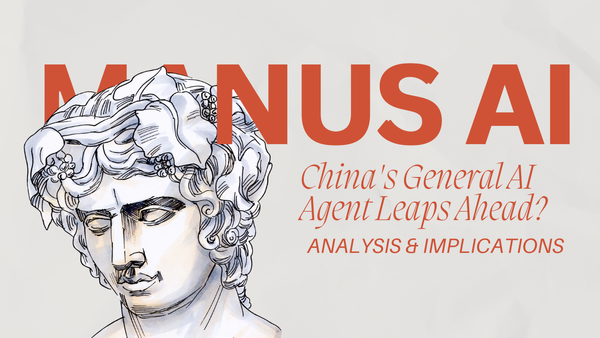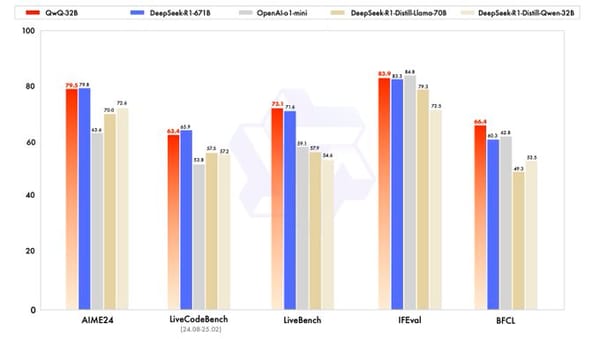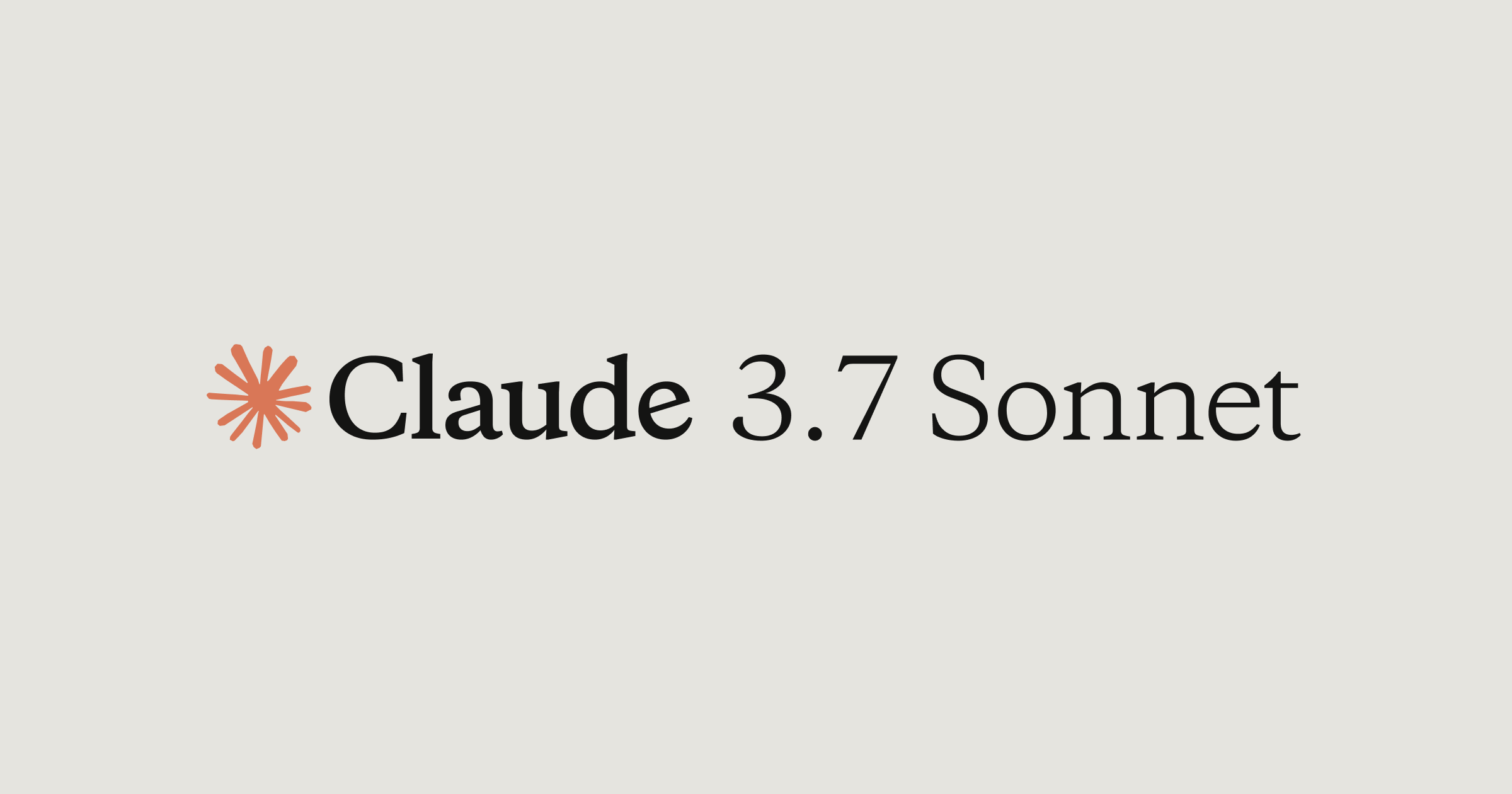AI-Powered Recruitment: Matching Qualifications, Experience, and Skills with Unprecedented Efficiency
The recruitment landscape is undergoing a profound transformation with the advent of artificial intelligence (AI). Traditionally, the process of hiring new employees has been labor-intensive, often involving extensive manual screening of resumes and lengthy interviews. However, AI-powered recruitment tools are now revolutionizing this process by enhancing efficiency, accuracy, and effectiveness in matching candidates to job requirements. This article explores how AI is reshaping recruitment practices, focusing on its ability to swiftly and accurately match qualifications, experience, and skills with unprecedented efficiency.
The Evolution of Recruitment: From Manual Screening to AI Integration
Recruitment has traditionally involved manually reviewing numerous resumes, conducting interviews, and evaluating candidates based on subjective judgments. This process can be time-consuming and prone to biases, often leading to inconsistencies and inefficiencies. The introduction of AI in recruitment marks a significant shift towards a more data-driven and objective approach.
AI-powered recruitment tools leverage machine learning algorithms and natural language processing to analyze vast amounts of candidate data quickly. These tools can assess qualifications, experience, and skills with a level of precision that was previously unattainable. By automating repetitive tasks and providing data-driven insights, AI enables recruiters to focus on more strategic aspects of the hiring process.
Key Advantages of AI in Recruitment
- Speed and Efficiency:AI-powered tools can process and analyze thousands of resumes in a fraction of the time it would take a human recruiter. By using algorithms to sift through applications, AI reduces the time spent on manual screening, allowing recruiters to identify qualified candidates more quickly. This efficiency is particularly valuable in industries with high volumes of job applications or fast-paced hiring needs.
- Enhanced Accuracy:AI algorithms are designed to evaluate candidate profiles based on predefined criteria, such as qualifications, experience, and skills. By utilizing data-driven methods, AI minimizes the risk of human error and bias in candidate selection. This objective approach ensures that candidates are assessed based on relevant qualifications and competencies, leading to more accurate matches between job requirements and candidate profiles.
- Reduction of Bias:Traditional recruitment processes can inadvertently perpetuate biases related to gender, age, ethnicity, or educational background. AI-powered tools, when designed with fairness in mind, can help mitigate these biases by focusing solely on candidate qualifications and performance metrics. By relying on objective data rather than subjective judgments, AI contributes to a more inclusive and equitable hiring process.
- Improved Candidate Experience:AI can enhance the candidate experience by providing timely feedback and communication throughout the recruitment process. Automated systems can update candidates on their application status, schedule interviews, and even conduct initial screening interviews using chatbots. This streamlined communication helps candidates stay informed and engaged, leading to a more positive overall experience.
How AI Matches Qualifications, Experience, and Skills
- Resume Parsing:AI-powered recruitment tools use resume parsing technology to extract relevant information from candidates' resumes. This includes details about qualifications, work experience, skills, and achievements. The parsed data is then compared against the job requirements to identify candidates who meet the criteria. Resume parsing enables recruiters to quickly filter out candidates who do not match the essential qualifications.
- Skill Assessment:AI can evaluate candidates' skills through various methods, including online assessments, coding challenges, or simulation exercises. These assessments are designed to objectively measure candidates' abilities and performance in real-world scenarios. By integrating skill assessments into the recruitment process, AI helps ensure that candidates possess the necessary skills for the job.
- Predictive Analytics:AI algorithms can analyze historical data to identify patterns and trends related to successful hires. By examining factors such as past performance, tenure, and job fit, AI can predict which candidates are most likely to succeed in a given role. Predictive analytics provides valuable insights for making informed hiring decisions and improving the overall effectiveness of the recruitment process.
- Cultural Fit Analysis:AI tools can also assess candidates' cultural fit by analyzing their responses to behavioral questions and evaluating their alignment with the company's values and culture. By considering factors such as work style, communication preferences, and alignment with organizational goals, AI helps ensure that candidates not only meet the technical requirements but also fit well within the company culture.
Implementing AI in Recruitment: Best Practices
- Define Clear Criteria:To maximize the effectiveness of AI-powered recruitment tools, it is essential to define clear criteria for evaluating candidates. This includes specifying qualifications, experience, skills, and any other relevant factors. By setting well-defined parameters, organizations can ensure that AI tools are aligned with their hiring needs and objectives.
- Ensure Fairness and Transparency:When implementing AI in recruitment, it is crucial to prioritize fairness and transparency. This involves regularly reviewing and auditing AI algorithms to ensure they are free from biases and discrimination. Additionally, providing candidates with transparency about how their data is used and how decisions are made helps build trust in the recruitment process.
- Combine AI with Human Judgment:While AI can enhance the efficiency and accuracy of recruitment, it should not replace human judgment entirely. Combining AI with human expertise ensures that recruiters can apply their insights and intuition to evaluate candidates' fit for the role. Human judgment is particularly valuable in assessing cultural fit, soft skills, and other qualitative aspects that AI may not fully capture.
- Continuous Improvement:AI technologies are constantly evolving, and so should recruitment practices. Organizations should regularly assess and update their AI-powered tools to ensure they remain effective and relevant. Gathering feedback from recruiters and candidates can provide valuable insights for refining AI algorithms and improving the overall recruitment experience.
Conclusion
AI-powered recruitment is transforming the hiring process by matching qualifications, experience, and skills with unprecedented efficiency. By leveraging advanced technologies such as resume parsing, skill assessments, and predictive analytics, AI enhances the accuracy and speed of candidate selection while reducing biases and improving the candidate experience. Implementing AI in recruitment requires clear criteria, fairness, and a balance between technology and human judgment. As organizations continue to embrace AI, they will benefit from more efficient, objective, and effective recruitment practices, ultimately leading to better hiring outcomes and a stronger workforce.








